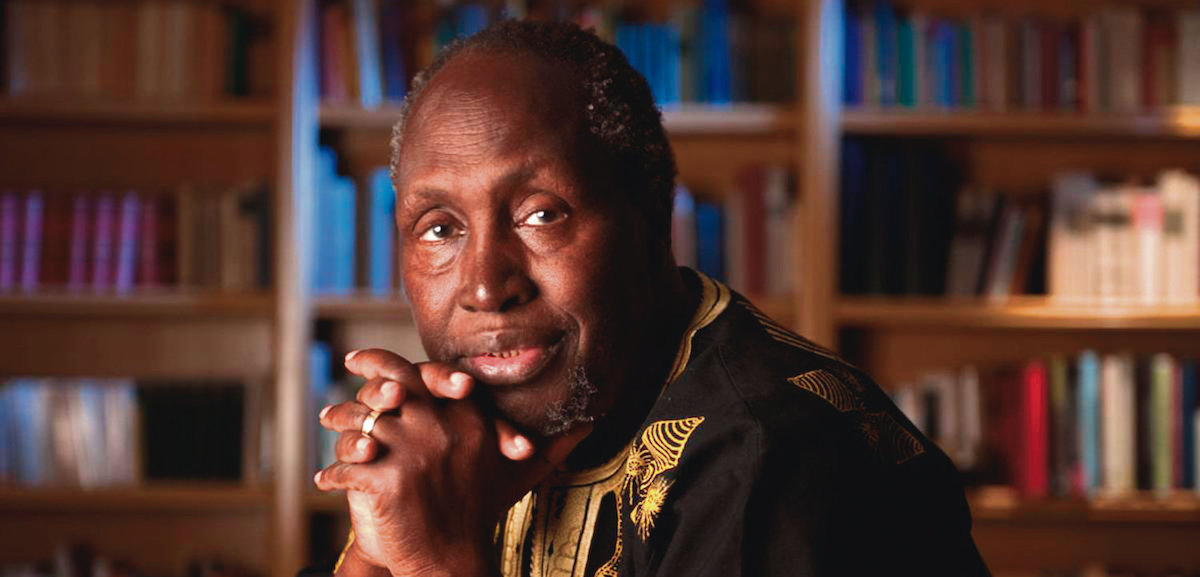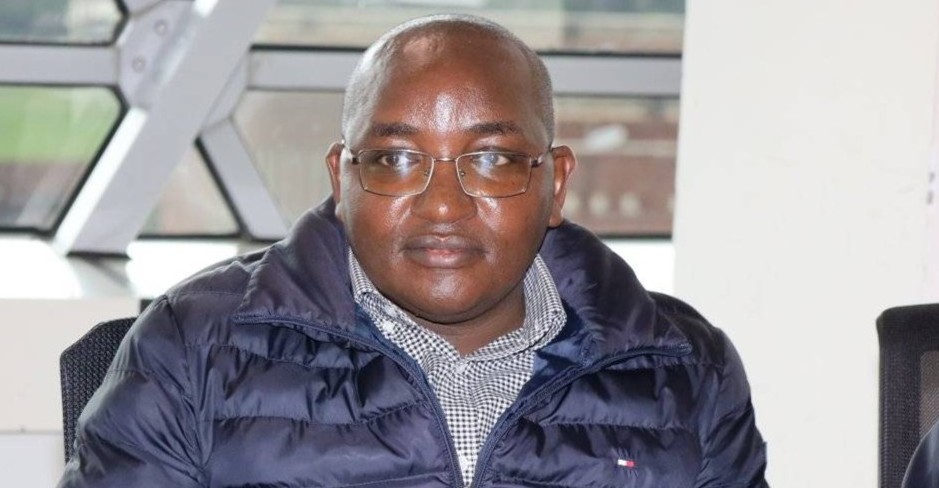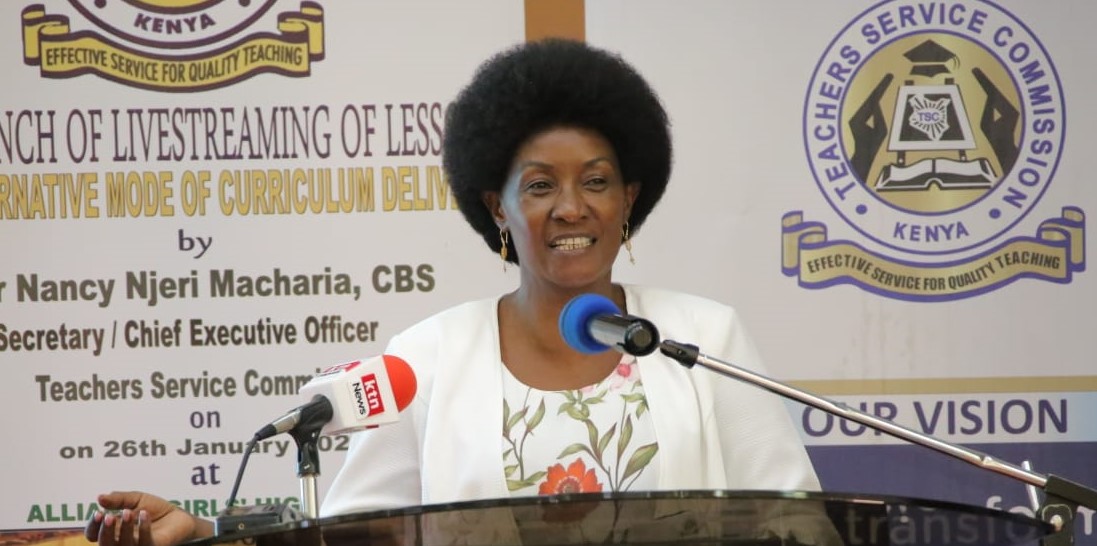Teachers demand 60% pay rise, improved working conditions in new CBA

KNUT has called on the Teachers Service Commission (TSC) to include the proposed pay rise, alongside a host of other demands, in the next CBA scheduled to take effect from July 2025.
Teachers are now demanding a 60 per cent salary increase, arguing that previous Collective Bargaining Agreements (CBAs) have failed to address their economic needs and have left them struggling with the rising cost of living.
The Kenya National Union of Teachers (KNUT) has called on the Teachers Service Commission (TSC) to include the proposed pay rise, alongside a host of other demands, in the next CBA scheduled to take effect from July 2025.
More To Read
- Over 300 teachers face severe mental health issues amid insufficient care facilities
- Over 25,000 teachers promoted as TSC waives three-year rule to fill staffing gaps in schools
- TSC given seven-day ultimatum to begin CBA talks or face nationwide teacher protests
- Teachers demand immediate reinstatement of Sh62bn education budget cut, warn of sector crisis
- TSC seeks Sh70 billion to hire 98,000 teachers nationwide
- TSC budget gap leaves 20,000 intern teachers in limbo, sparks age-inclusive hiring calls
The draft proposal, which has been under development for over a year, also outlines several non-monetary reforms aimed at improving the welfare and working conditions of teachers. KNUT maintains that the current CBA, which is non-monetary, has done little to shield teachers from ongoing economic pressures.
The union stated that negotiations with the TSC for the 2025–2029 CBA are at an advanced stage.
“We are at the tail end of negotiations and look forward to signing this vital document by July 2025,” said KNUT Secretary-General Collins Oyuu, noting that the union was engaging the employer in line with legal provisions under Kenya’s labour laws.
The 2021–2025 CBA, which excluded financial benefits, attracted criticism from teachers who felt shortchanged. Both KNUT and the Kenya Union of Post Primary Education Teachers (KUPPET) defended their decision to sign the agreement, saying that rejecting it could have triggered a legal crisis due to time constraints.
The last nationwide teachers’ strike occurred in August 2024, with demands focusing on stalled promotions, failure to implement the existing CBA, and delayed disbursement of medical insurance funds.
KNUT's First National Vice-Chair, Malel Langat, expressed frustration over the government’s inconsistency in implementing CBAs.
“The government is always quick to sign CBAs but slow to implement them. We shouldn’t have had to issue a strike notice for the TSC to implement a Presidential directive on salary increments,” Langat said.
Although the current CBA lacks monetary provisions, President William Ruto’s intervention led to a 10 per cent salary increase in the 2024–2025 budget cycle. Other improvements included extended maternity leave from 90 to 120 days and paternity leave from 14 to 21 days.
In addition to the proposed pay rise, KNUT is also calling for structural reforms in how disciplinary cases involving teachers are handled. The union proposes that such cases be concluded within one month, with appeals resolved within three months to avoid unnecessary delays.
Another key demand is the introduction of sabbatical leave for primary, secondary, and college teachers to allow for academic advancement or professional research.
“Teachers should be able to take sabbatical leave when pursuing higher education or conducting research relevant to their profession,” Langat said.
KNUT is further advocating for compensation for teachers required to work on public holidays—either through fixed allowances or overtime payments.
The union’s proposal also calls for three incremental credits for teachers deployed in arid and semi-arid lands (ASALs). It also proposes the payment of acting allowances to teachers who take up leadership roles, such as deputy headteachers, deputy principals, and heads of departments, without formal appointment.
Other Topics To Read
Risk allowances for teachers serving in high-risk or volatile areas are also part of the proposals.
Regarding political participation, KNUT wants teachers to be allowed to contest elective positions during general or by-elections. Those who are unsuccessful should be permitted to return to their posts without discrimination.
To promote work-life balance and reduce burnout, the union is also proposing that the leave allowance be equivalent to one month’s basic salary. Additionally, it is pushing for the introduction of an extraneous allowance to recognise the extra hours teachers work outside normal hours, particularly during lesson planning and marking.
The proposed CBA is expected to be finalised and signed just as TSC Chief Executive Officer Nancy Macharia prepares to exit office in June 2025, marking the end of her 10-year tenure.
Top Stories Today












































